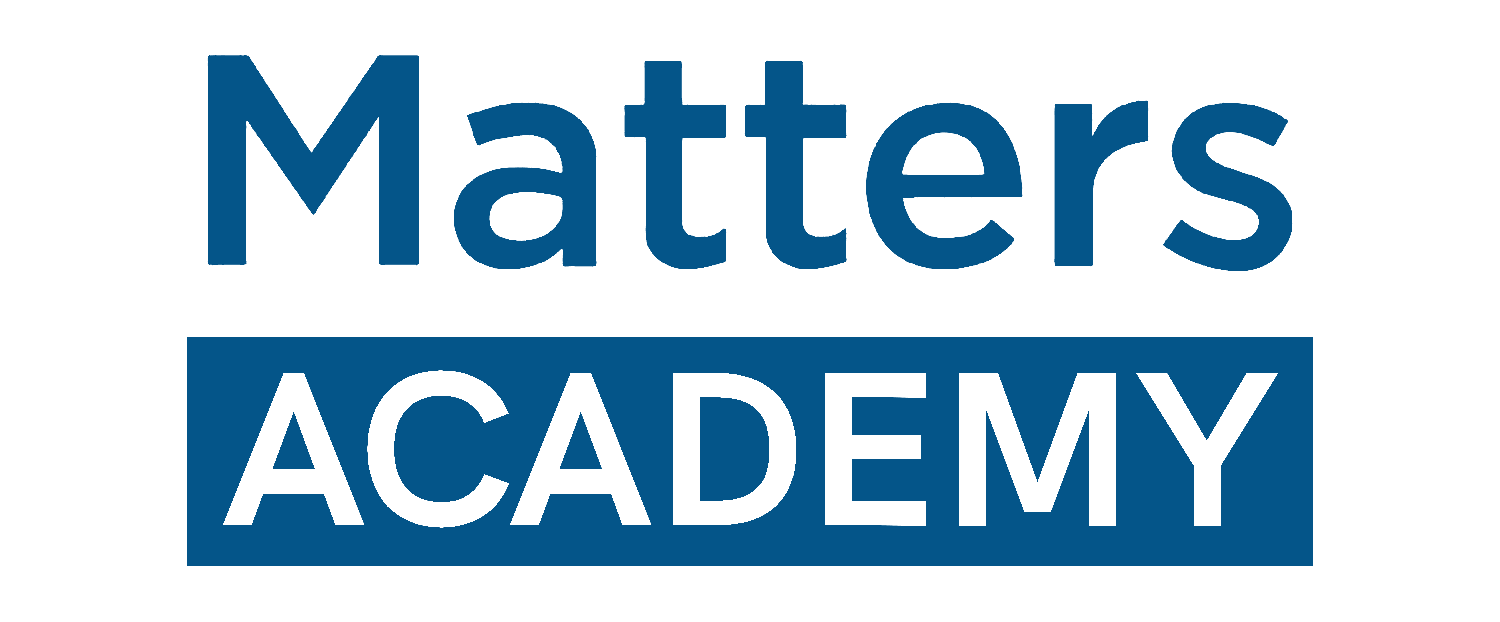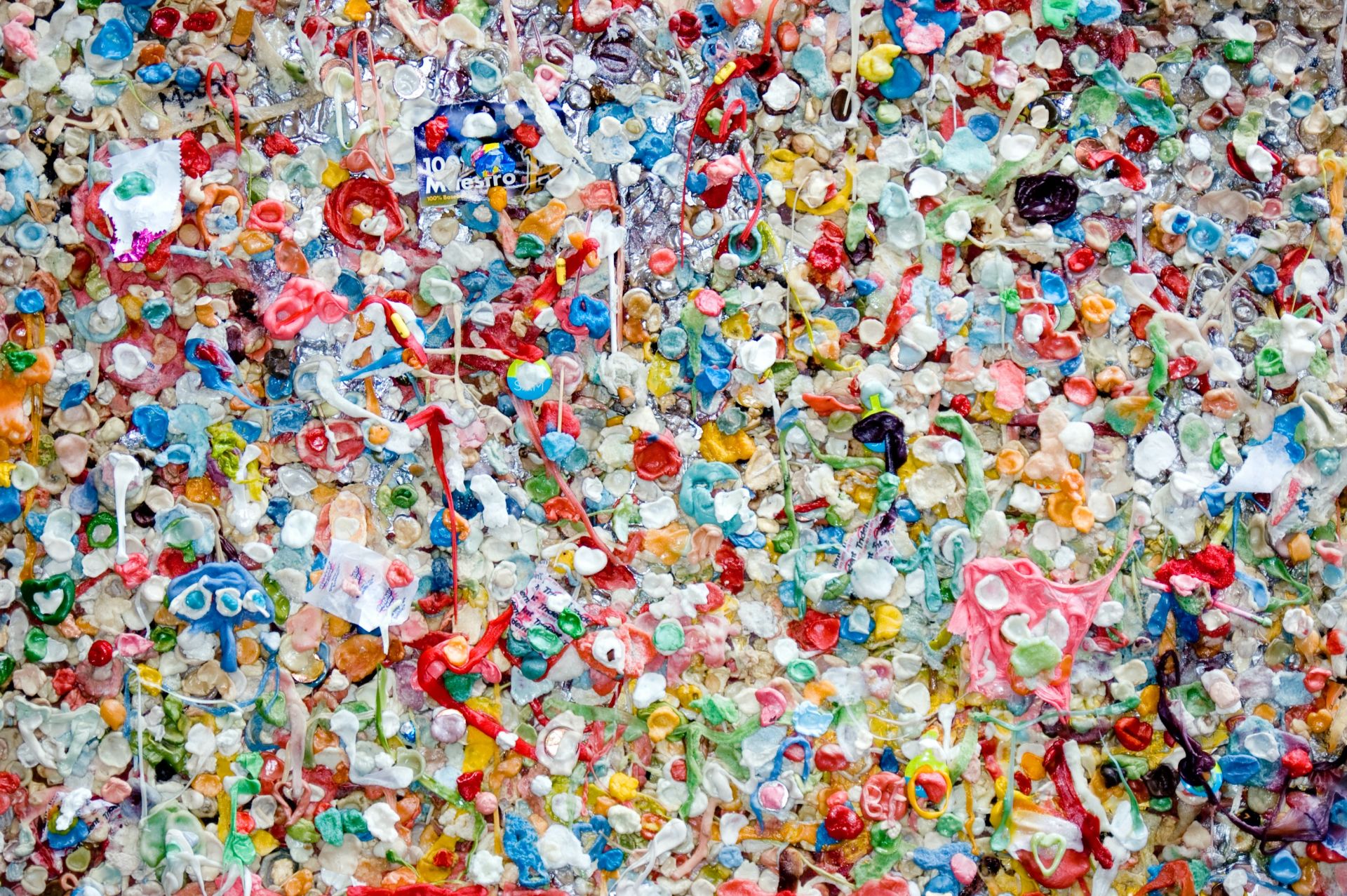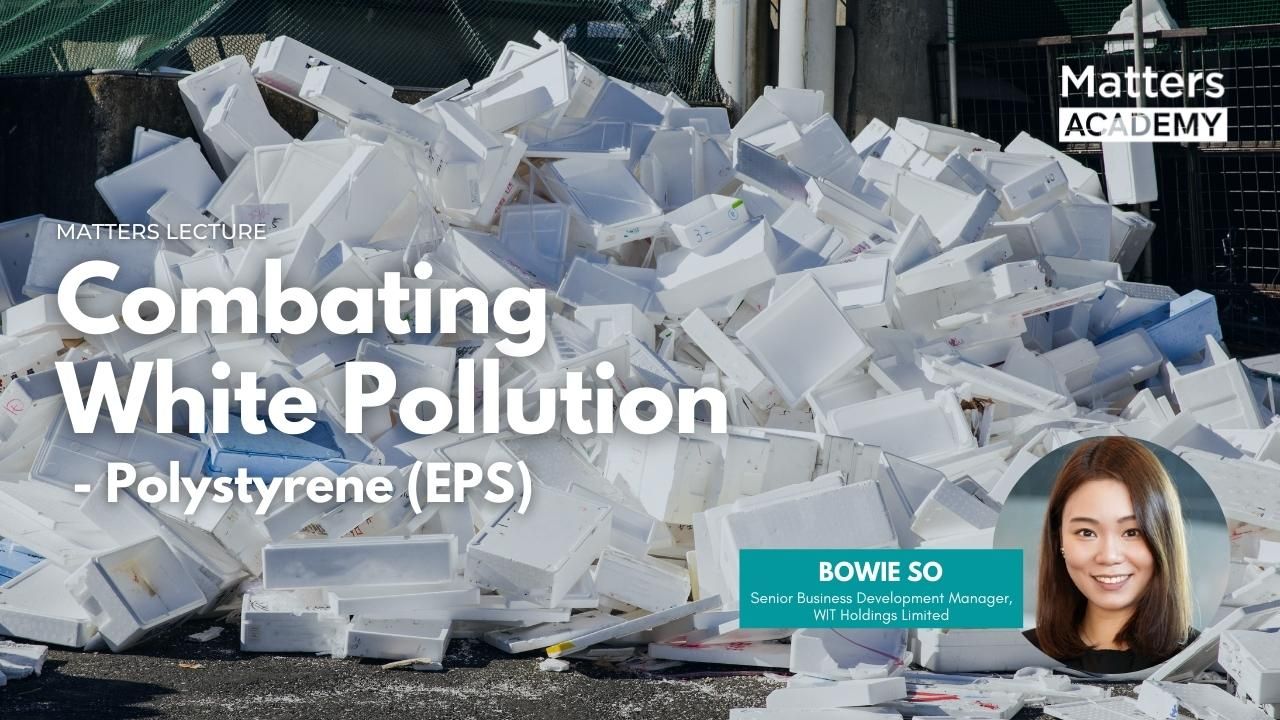Plastic pollution is placing an increasing strain on the environment and the eco-system. Most notably, polystyrene, one of the most widely produced plastics in the world, is highly resistant to microbial degradation. While some search for plant-based and biodegradable plastics as alternatives to polystyrene, researchers at the University of Queensland in Australia have turned to 'superworms'.
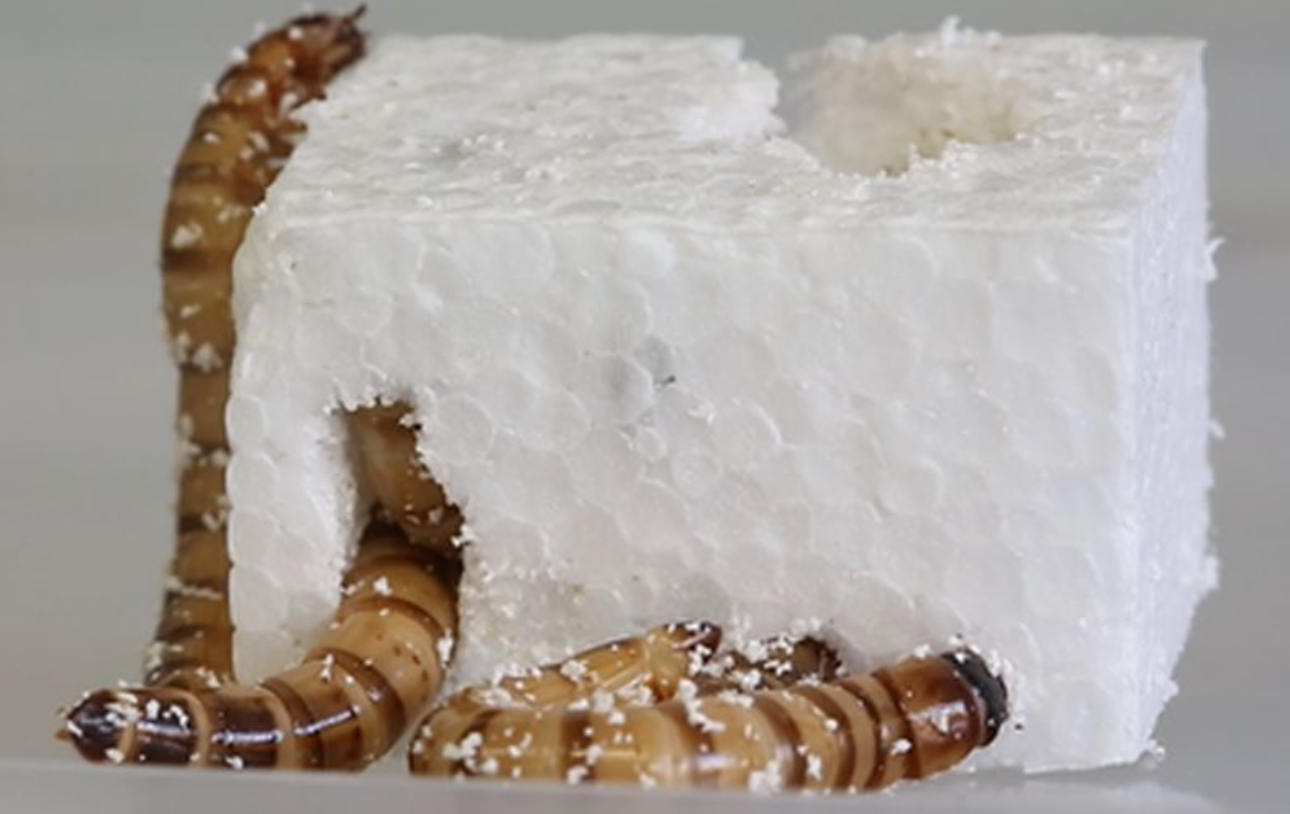
Published in Microbial Genomics, Dr Christian Rinke and his research team has discovered that Zophobas morio 'superworms' possess bacterial enzymes in their guts to consume polystyrene. The beetle larvae not only survived on a diet of polystyrene, but even had minimal weight gain.
Metagenomic analysis was conducted to identify gut bacteria associated with abilities to degrade polystyrene and styrene. The study's co-author Jiarui Sun stated that the next step was to culture these bacteria in the laboratory to test their abilities in degrading polystyrene.
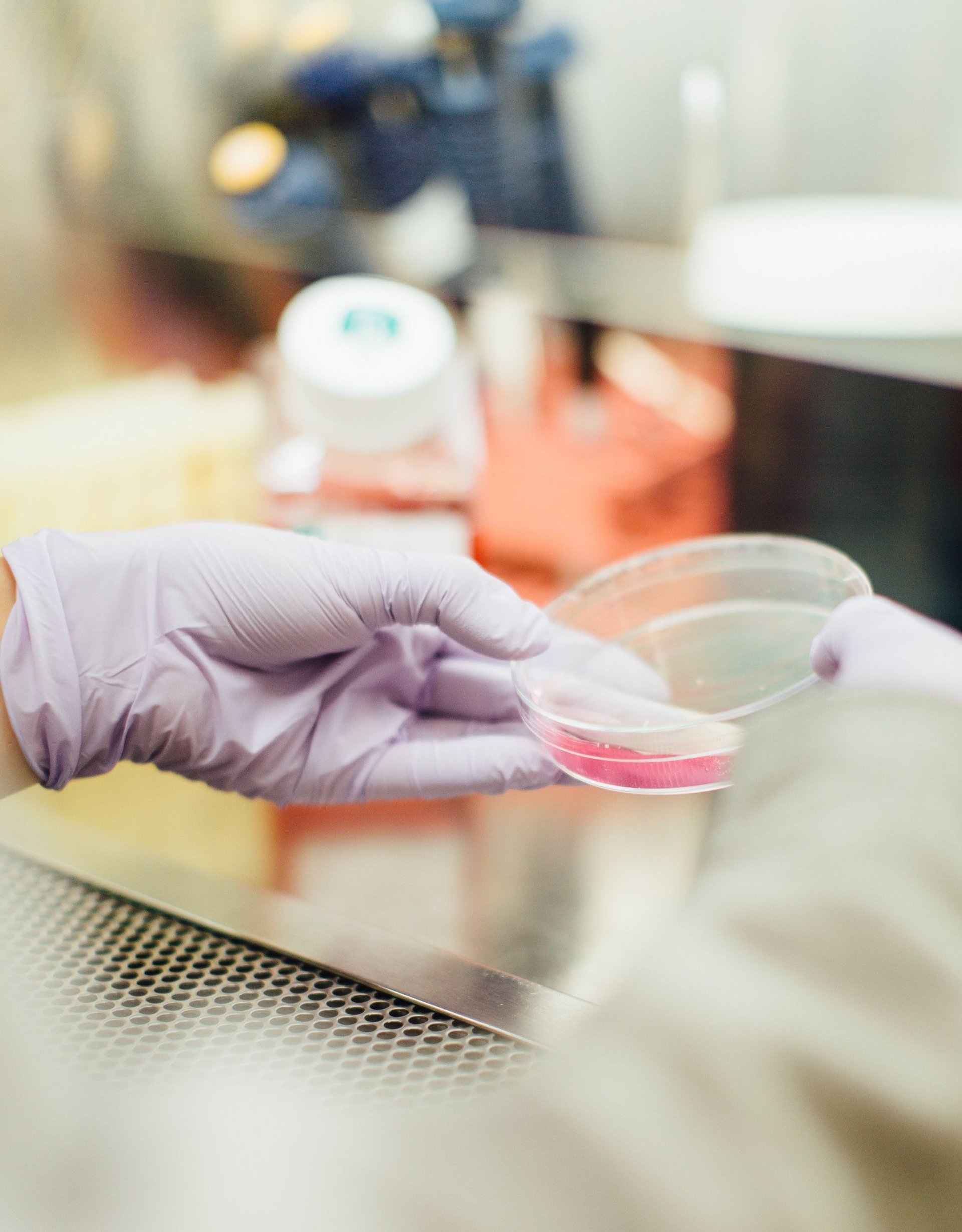
If proved successful, these bacterial enzymes would be key to plastic upcycling. The long-term goal would be to cultivate these bacteria for their enzymes to use in the enzymatic biodegradation of plastics in recycling plants. This process will achieve more than reduce our plastic waste volume and reduce landfills. "The breakdown products from this reaction can then be used by other microbes to create high-value compounds such as bioplastics,” Dr. Rinke claims.
This research has opened the door for further exploration of microbial degradation and upcycling of plastic waste. To cope with the mounting environmental challenges such as landfill and plastic waste, further study is needed to bring bio-upcycling to the fore. With high prospects of another scientific breakthrough, the next aim of the research team is to upscale this process to a level needed for a whole recycling plant.
Source:
Sun, J., Prabhu, A., Aroney, S., & Rinke, C. (2022). Insights into plastic biodegradation: community composition and functional capabilities of the superworm (Zophobas morio) microbiome in styrofoam feeding trials. Microbial Genomics.
Sun, J., Prabhu, A., Aroney, S., & Rinke, C. (2022). Insights into plastic biodegradation: community composition and functional capabilities of the superworm (Zophobas morio) microbiome in styrofoam feeding trials. Microbial Genomics.
CombatingWhite Pollution
In this lecture, WIT, an EPS recycling service provider, will address the current challenges for EPS recycling in Hong Kong and the means for stakeholder engagement to facilitate EPS recycling. WIT will also share how their latest innovative Ultimo Technology, which differs from the traditional EPS recycling method, provides a more effective and efficient EPS Treatment that could help in Hong Kong's efforts to reach a circular economy for EPS.
